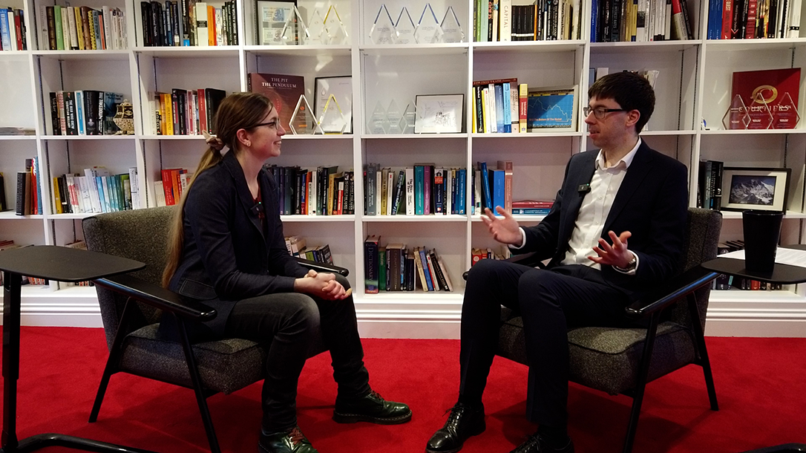Volatility in markets remained elevated in April as uncertainty surrounding the situation in Ukraine and soaring inflation continued to dampen investor sentiment. Among the worst hit equity markets in April was the US, as the S&P 500 index declined nearly 9% during the month.
Three of its largest companies – Amazon, Tesla and Google – slumped 24%, 19% and 18% respectively. However Twitter, which has been bought out by Elon Musk for around $44 billion, saw its share price rise 27%.
UK holds up well
Meanwhile the UK large-cap market has held up well amidst the uncertainty, with the FTSE 100 index achieving a gain of nearly 1% for the month. However this is at least in part due to the recent weakness of the pound, which has just fallen below $1.25 for the first time since July 2020. With so many large multi-national firms in the FTSE 100 generating income from overseas, foreign currencies appreciating against the pound can have a positive impact on the index.
The French presidential election culminated with Emmanuel Macron of La République En Marche! defeating Marine Le-Pen of the National Rally with 58.5% of the popular vote versus Le Pen’s 41.5%. The CAC index, which measures French equities, declined just over 2% on the day after the results although this was broadly in line with European equities as a whole.
Full round-up of April market performance
In the UK, the FTSE 100 index gained 0.76%, while medium and smaller companies, measured by the FTSE 250 ex IT index and the FTSE Small Cap ex IT index respectively, slipped 1.48% and 0.88%. In the US, the S&P 500 USD index sank 8.72% while in Europe the Eurostoxx 50 EUR index dropped 1.98%. Japanese stocks measured by the Topix JPY index declined 2.40%.
Emerging markets returns were mostly negative, with the MSCI Emerging Markets index losing 3.50% in local currency terms. Indian stocks measured by the Nifty 50 INR index declined 2.07% and Latin American equities, measured by the MSCI Latin America local currency index, slumped 9.59%. Chinese equities measured by the MSCI China local index lost 3.22%.
In the fixed income market, UK government bonds, measured by the FTSE Gilts All Stocks index, fell 2.83%, with long dated (over 15 years to maturity) gilts shedding 5.01%. Sterling denominated corporate bonds, measured by the Markit iBoxx Sterling Corporates index, were down 3.14%. In the high yield market, the Bank of America Merrill Lynch Sterling High Yield index declined 2.03%.
Commodities positive
There were positive returns in the commodities market. The S&P GSCI USD index, which consists of a basket of commodities including oil, metals and agricultural items, picked up 5.12%. This included further rises in oil prices, as crude oil futures gained 4.40% during the month. In the agricultural markets, corn and wheat futures amassed 9.28% and 3.75% in USD respectively. However in the precious metals markets, the S&P GSCI Gold and Silver indices conceded 2.10% and 8.38% in USD respectively.
In the currency markets, it was a mixed month for the pound as it depreciated 4.29% against the US dollar but picked up 0.44% versus the euro and 1.95% against the yen.













